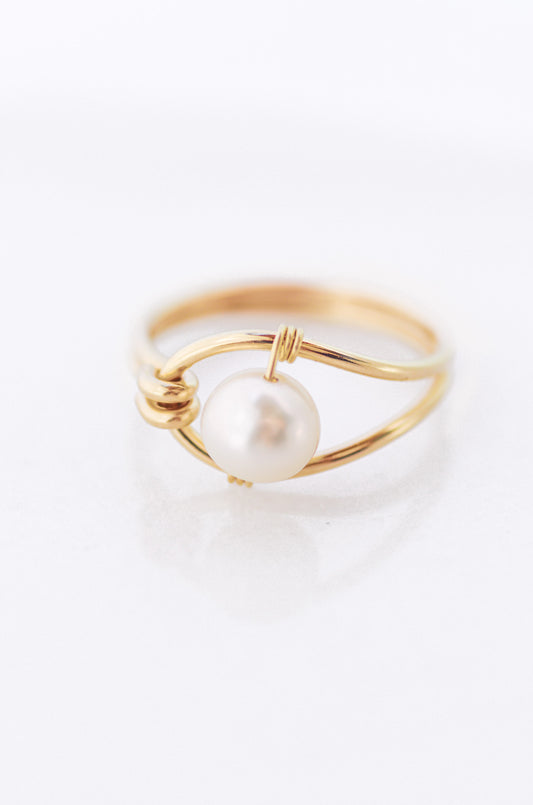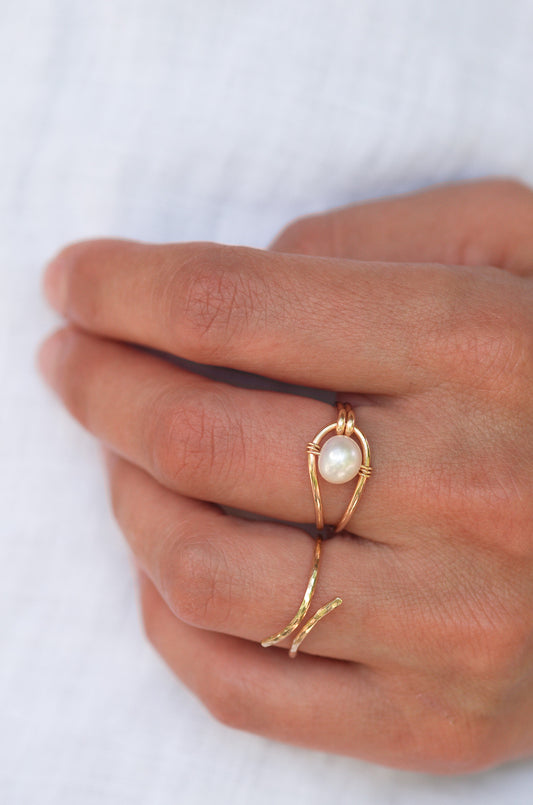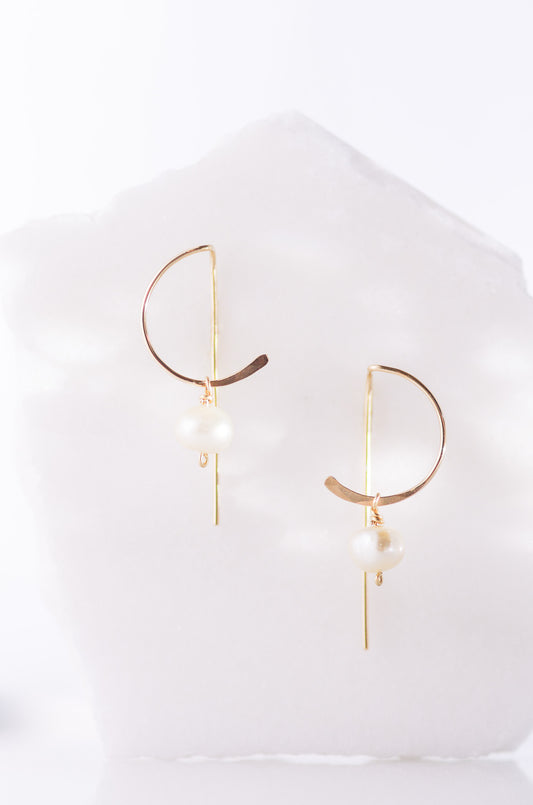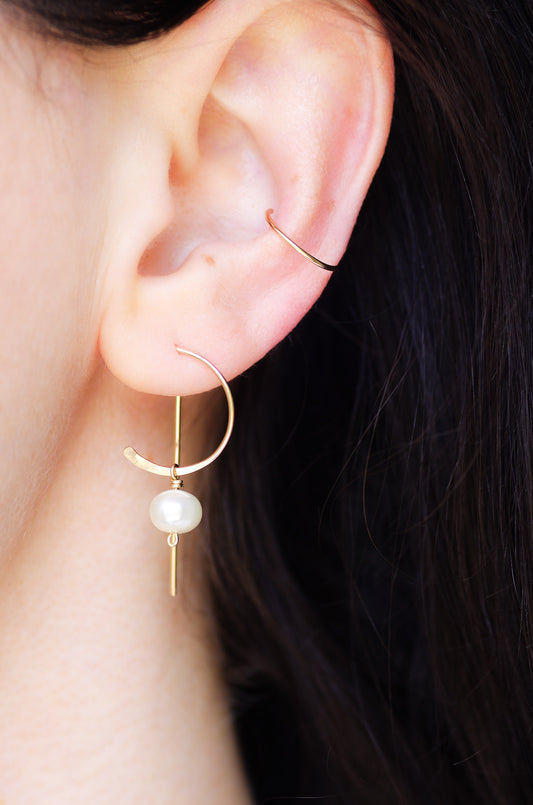Misleading Marketing Tactics, Part 2: Certificates
Share
Did you ever consider buying a piece of beautiful jewelry because the brand said they were "ethical" and "sustainable"? Sometimes, jewelry brands use fancy words and certificates to make us think they're doing more for the planet and people than they actually are. Let's dive into how this can happen and what we should look out for!
The Tricks Brands Use

1. Fancy Certifications and Minimum Standards
To show they care about the environment and workers, some jewelry brands say their manufacturer has certain certifications. These certificates can sound impressive, but they often only show that minimum requirements are being met, and not that the best practices are being used. For example:
- Avoiding the Worst Chemicals: A certificate might show that the brand or their manufacturer doesn't use the most harmful chemicals. But this doesn't mean all their chemicals are safe or that there's no environmental impact.
- Basic Worker Protections: Another certificate might show that workers have fair wages and safe working conditions. But in countries like India, Thailand, or China, what is considered "fair" might still be very different from what we expect in the Western world.
2. Creating a False Sense of Security
When brands highlight these certificates, they can make us feel like we're making a super ethical and green choice. This can be misleading because:
- Overestimating Impact: We might think these certificates cover all aspects of sustainability and ethics, but they often don't. They might not address things like greenhouse gas emissions, water waste & pollution, or the overall impact on nature from production processes & other chemicals used.
- Assuming Western Standards: We might assume that "fair wages" and "safe working conditions" mean the same thing as in our own country, which is not always true. Workers might still face long hours, low pay, and difficult conditions compared to what we're used to.
Therefore it's important to be informed about what each certificate really means.
What Brands Might Not Tell You
So even if one of their manufacturer has these certifications it's important to keep in mind that the supply chain of a piece of jewelry is long and complex. (This is especially true for mass-produced & gold plated jewelry.) Every step of this long supply chain has an impact on the environment and the people involved.

What Can You Do?
It's great that you care about buying ethical and sustainable jewelry! Here are some tips to make sure your purchase really makes a positive impact:

- Ask Questions: Don't be afraid to ask jewelry brands about their practices at every step of the supply chain. How do they treat their workers? What are they doing to protect the environment?
- Look for Transparency: Choose sustainable jewelry brands that are open about their entire process, from sourcing materials to manufacturing and selling.
- Seek Comprehensive Practices: Support sustainable jewelry brands that go beyond the minimum standards and are committed to making real, positive changes in all areas—environmental, social, and economic.
Remember, certifications are a good start, but they're just the beginning. By looking deeper and asking the right questions, you can help make sure your jewelry choices truly support a better world!







